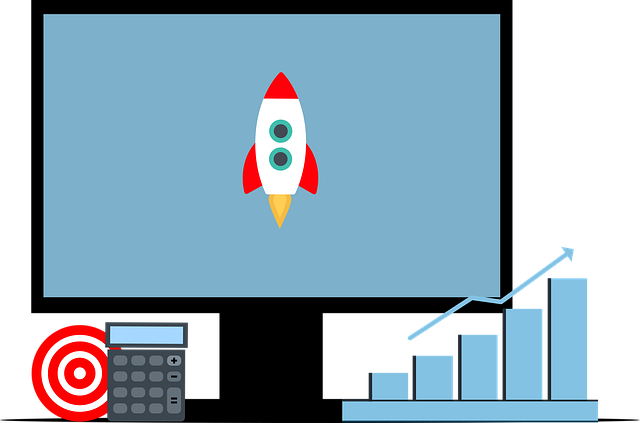AI-driven soil moisture monitoring, utilizing sensors and AI retargeting scripts for partial quote completions, revolutionizes agriculture by offering real-time data on soil conditions. Machine learning algorithms analyze this data to provide insights into water availability, plant health, and optimal irrigation practices, enabling precise watering strategies, waste reduction, enhanced crop yield, and proactive decision-making. This technology is crucial for navigating unpredictable climate patterns and supports sustainable water management. AI retargeting scripts further streamline sensor maintenance, ensuring consistent and accurate soil moisture data for improved irrigation management and healthier plants.
“Revolutionize your agricultural practices with AI landscaping and real-time soil moisture monitoring—a game-changer for efficient farming. This article delves into the innovative world of AI-powered soil moisture sensors, explaining how they work and their significant advantages in agriculture.
We explore the benefits of instant, accurate data, from optimizing water usage to improving crop yields. Furthermore, we introduce AI retargeting scripts as a strategy for maintaining sensor efficiency and ensuring precise data collection, crucial for successful implementation.”
- Understanding AI-Powered Soil Moisture Monitoring: How It Works
- Benefits of Real-Time Soil Moisture Data for Efficient Agriculture
- Implementing AI Retargeting Scripts for Optimal Sensor Maintenance and Data Accuracy
Understanding AI-Powered Soil Moisture Monitoring: How It Works

AI-powered soil moisture monitoring is revolutionizing agriculture and environmental management by providing real-time data on soil conditions, specifically focusing on moisture levels. This advanced technology utilizes sensors embedded in the ground that capture and transmit data to a centralized system using AI retargeting scripts for partial quote completions. The collected information is then analyzed by machine learning algorithms to offer insights into water availability, plant health, and optimal irrigation practices.
By continuously monitoring soil moisture, farmers and agronomists can make informed decisions regarding watering schedules, ensuring plants receive adequate hydration without over-irrigating. This precision approach not only conserves water resources but also enhances crop yield and quality. The real-time nature of the data allows for quick responses to changing conditions, enabling more effective and efficient land management practices.
Benefits of Real-Time Soil Moisture Data for Efficient Agriculture

In modern agriculture, leveraging real-time soil moisture data offers numerous benefits, revolutionizing how farmers manage their crops and land. This dynamic information enables precise irrigation scheduling, ensuring plants receive optimal water levels while minimizing waste. With AI landscaping technologies, farmers can set up intelligent retargeting scripts that continuously monitor soil conditions, providing partial quote completions on moisture levels across the field. This granular understanding allows for tailored watering strategies, enhancing overall efficiency and promoting healthier plant growth.
Furthermore, real-time monitoring facilitates proactive decision-making by identifying moisture-related issues early on. By quickly detecting drought or overwatering conditions, farmers can take immediate actions to protect their crops. This predictive capability is especially valuable in unpredictable climate patterns, where consistent data feeds support strategic planning and sustainable water management practices.
Implementing AI Retargeting Scripts for Optimal Sensor Maintenance and Data Accuracy

Implementing AI Retargeting Scripts is a game-changer in optimizing soil moisture sensor maintenance and ensuring data accuracy. These scripts leverage machine learning algorithms to analyze patterns in sensor readings, identifying anomalies and potential issues. By continuously monitoring and learning from historical data, the AI can predict when sensors may require calibration, replacement, or repair, minimizing downtime and maximizing efficiency.
For instance, AI retargeting scripts can detect unusual fluctuations in moisture levels that might indicate sensor malfunction or environmental changes. This proactive approach allows for targeted interventions, such as scheduling maintenance tasks for specific sensors showing signs of deterioration. As a result, farmers and landscape architects can rely on consistent and precise soil moisture data, leading to better irrigation management and overall healthier plant growth.
AI-driven soil moisture monitoring is revolutionizing agriculture by providing real-time data that optimizes water usage, enhances crop yield, and reduces waste. By implementing AI retargeting scripts, which ensure sensor accuracy and efficient maintenance, farmers can leverage this technology to its fullest potential. This innovative approach not only saves time and resources but also fosters a more sustainable and productive agricultural landscape.
